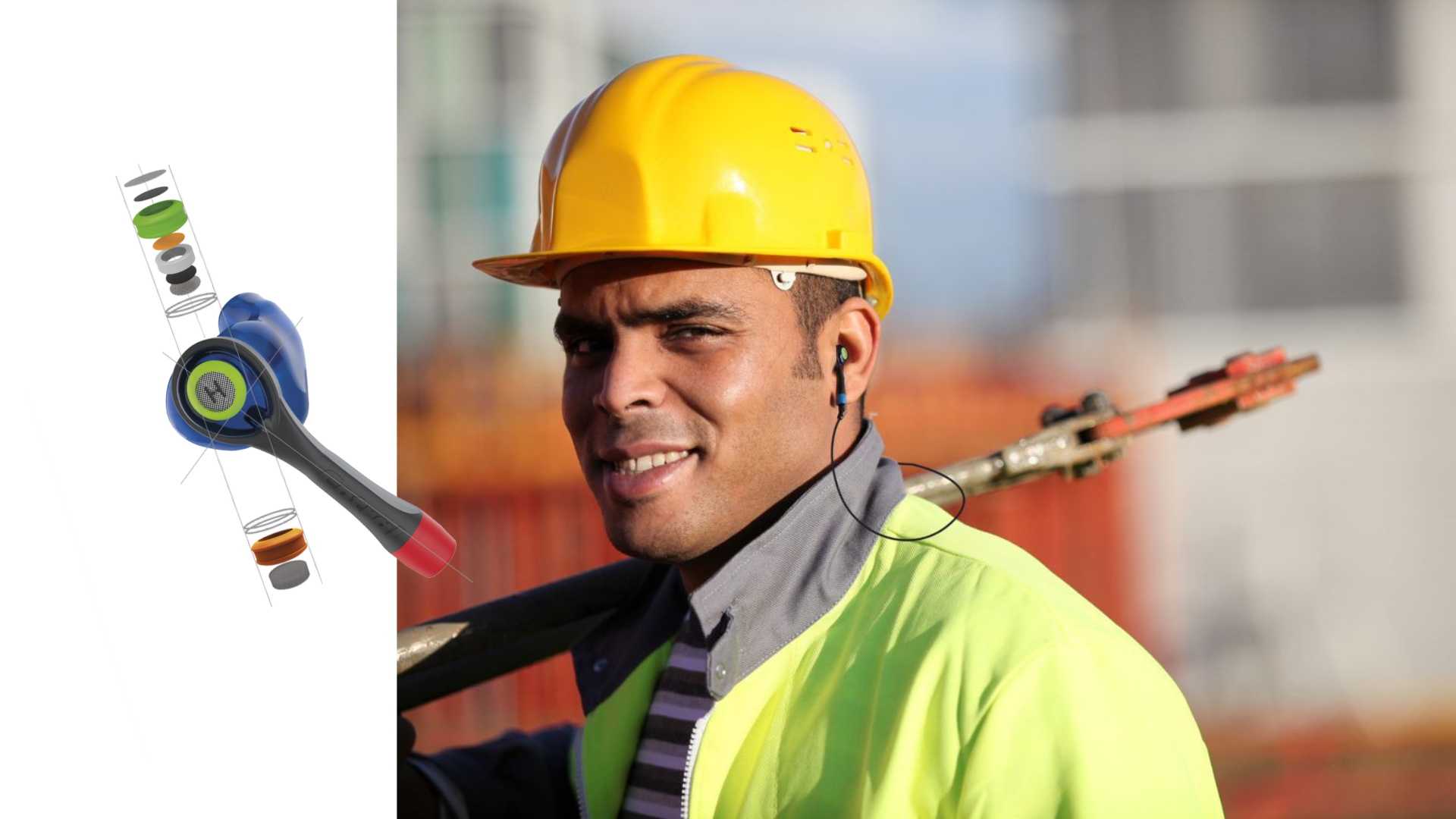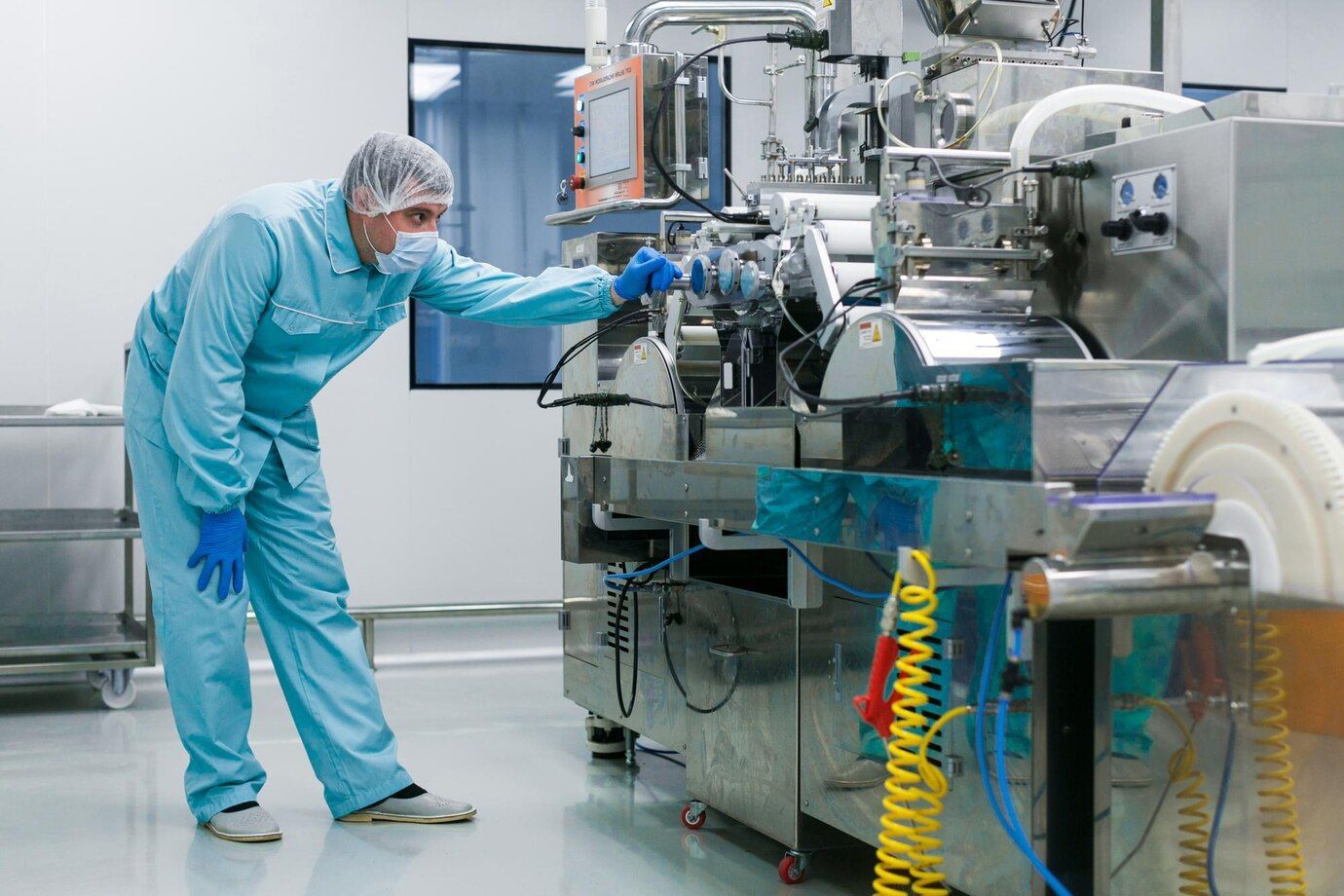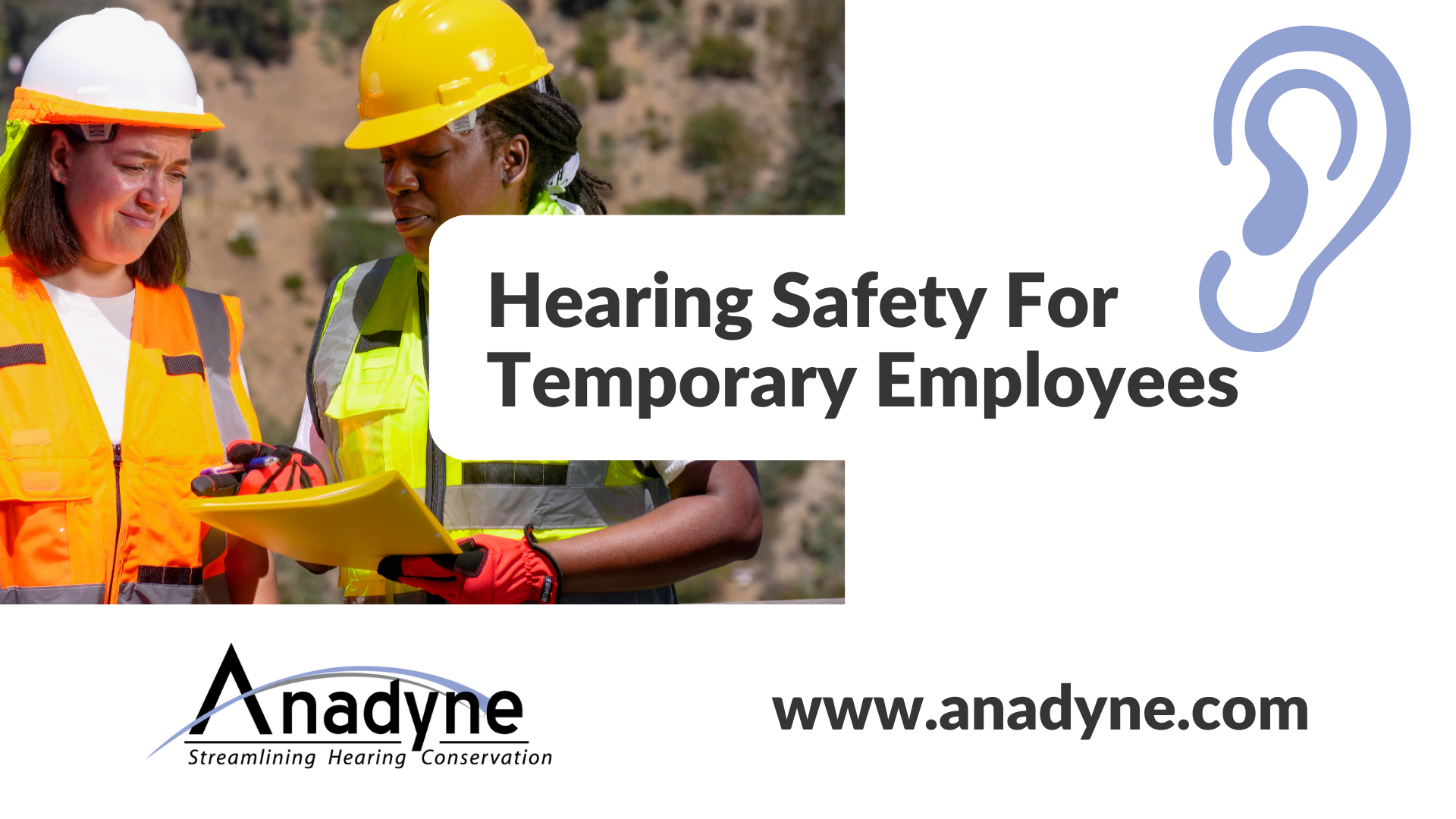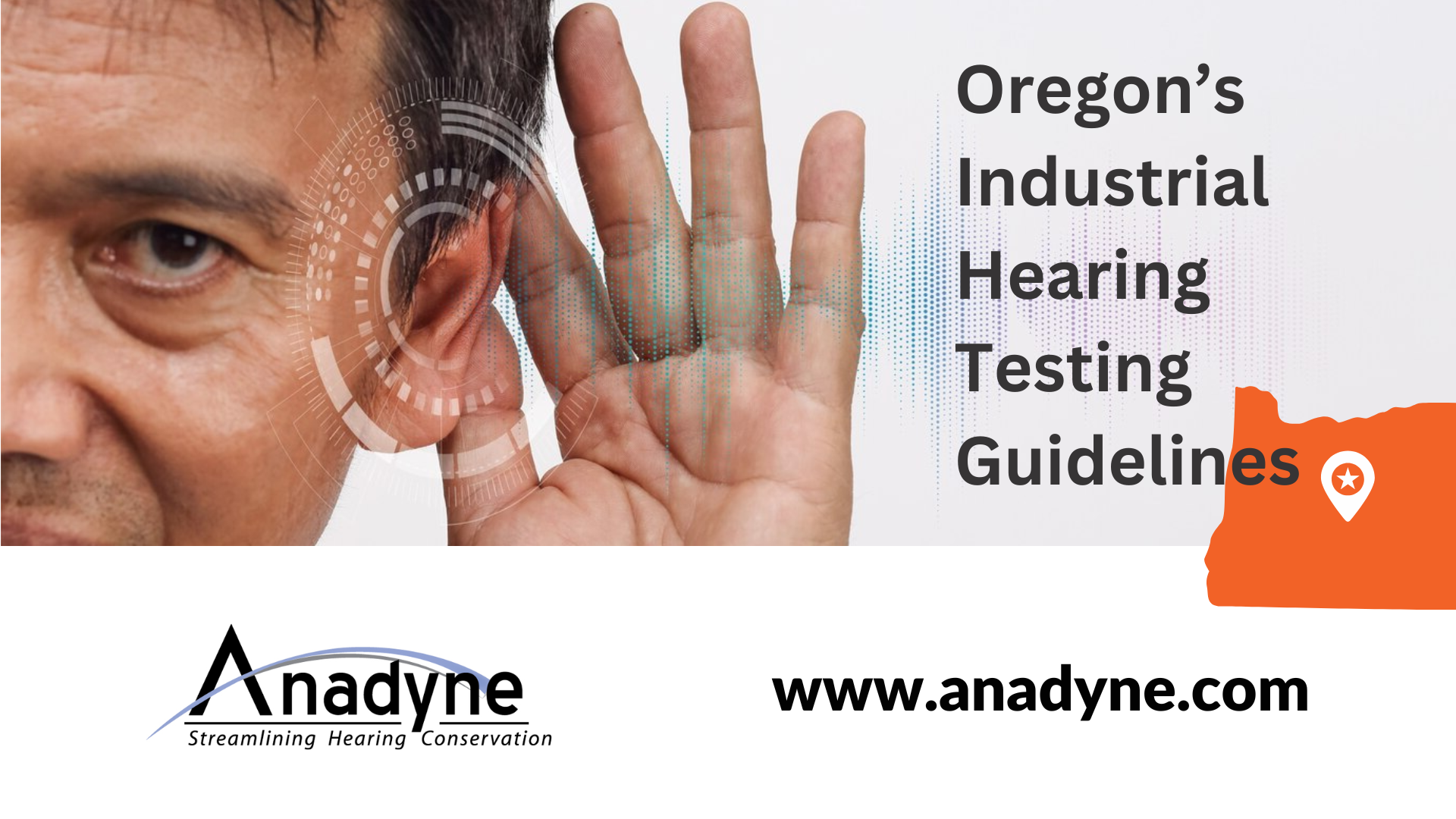Follow-Up Deadlines After Annual Hearing Testing
Follow -up on non-recordable and recordable STSs:
As an employer, it’s critical that you take the necessary steps and follow up deadlines regarding employees’ hearing testing. If an STS, or standard threshold shift, is identified during a hearing test, OSHA requires employees to be notified of the results within 21 days and ensure they receive re-training. An STS occurs when an employee’s hearing threshold changes enough at 2000, 3000, and 4000 Hz in one or both ears, in comparison to their baseline audiogram. STS’s recordable on your OSHA-300 log should be done within seven days of the hearing test.
Risks that come with STSs and ways to lessen the risk:
If the STS meets recordability, it can negatively impact things like the company’s risk matrix. Even if the STS is non-recordable, OSHA still requires that the employer retrains the employee. However, you can avoid false STSs or recordable STS issues by ensuring that immediately preceding annual testing, employees have not had a cold, have not been listening to loud music, and have not been wearing earbuds. Earbuds are not typically suited to the industrial workplace because their level of sound can exceed 85 dB and are not typically ANSI-rated as hearing protection.
Why Anadyne?
By investing in quality hearing protection and mobile hearing testing services, you can save time and money while ensuring your employees’ safety and your companies productivity. At Anadyne, we offer a tag team system that allows production to continue while employees are being tested, reducing downtime and interruptions. Quality hearing protection is critical because, while throw-away earplugs may be cheaper upfront, they are only good for one use. Anadyne’s hearing protection steadily pays for itself after the first year and saves you money in the long run.
Taking the extra time to invest in quality hearing protection and mobile hearing testing services is essential for protecting your employees and your company. Don’t wait until it’s too late; make hearing safety a priority today.
Call today to find out more:
888.972.4420










